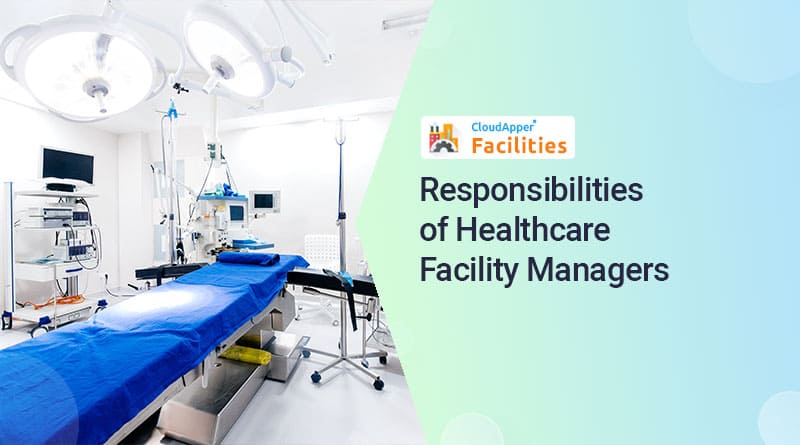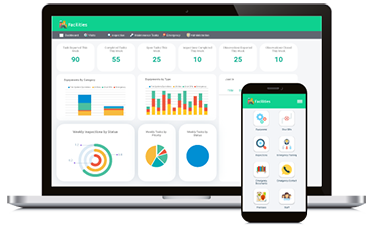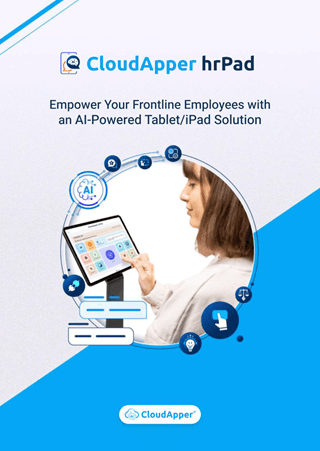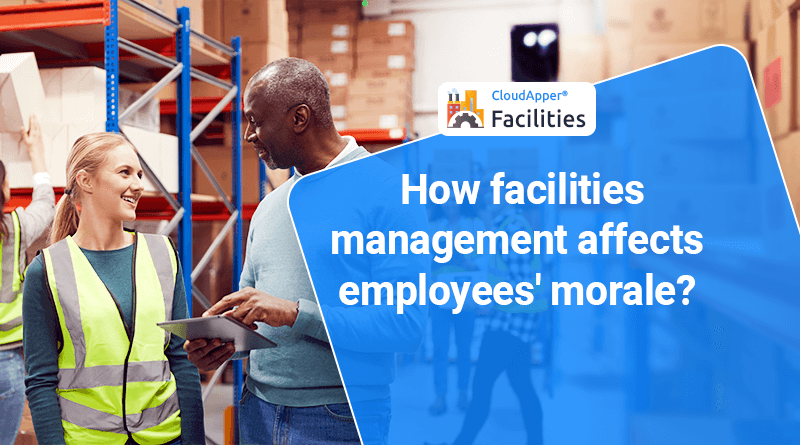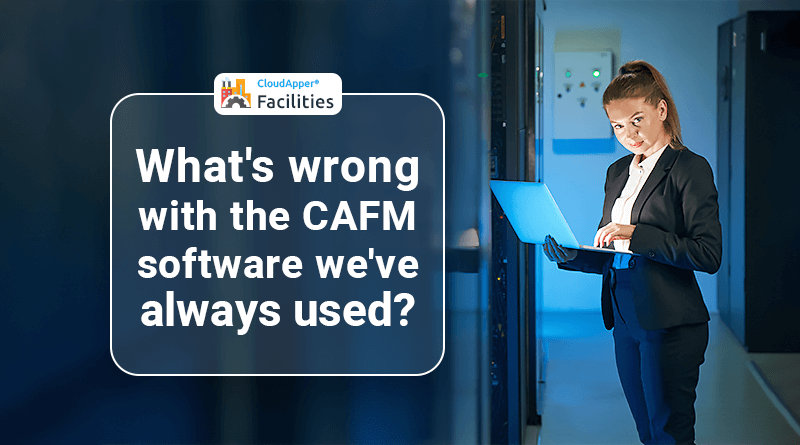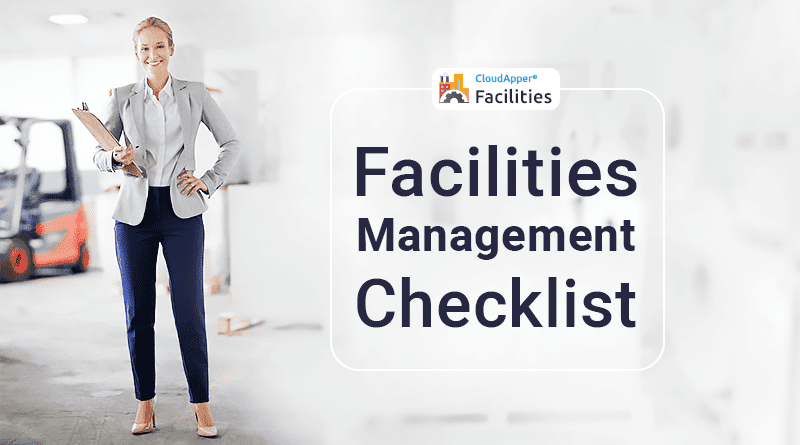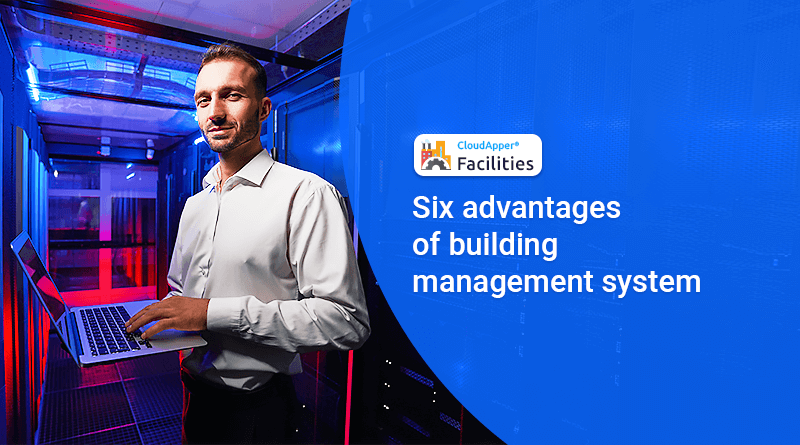People who work in healthcare infection control facilities are very busy. Because healthcare facilities need to be in the best possible condition to give their patients the best care, the amount of work that facilities managers do is mind-boggling. Healthcare facility managers have several responsibilities, but it’s almost impossible to list them all. Here are five of the most important ones:
1. There Are Many Things a Facility Needs To Do
According to the job description, a healthcare facility manager must run their entire workplace. Facilities managers should know how the building is built and what kind of equipment, both medical and non-medical, is used in it. Because they buy, install, and keep up with things like computers, healthcare devices, elevators, and more, they’re in charge of them.
If you want to make changes to your office, you have to get permission from the person in charge of the facilities, who is also in charge of acquiring and evaluating contractor bids. In addition to this, they must also make sure that there are no problems with hazardous waste and no problems with general maintenance programs.
2. Compliance With Code
As a healthcare facility manager, you have to keep up with all of the codes and policies that your facility needs to follow and stay up to date on the latest infection control trends. People with disabilities, the EPA, OSHA, and the CDC’s policies are all included in this. There must also be rules for the building itself, like those from the American Institute of Architects and other building safety rules.
3. Money Management
In terms of money, the most important thing for managers of healthcare facilities is to come up with and stick to a budget for the facility. Even though they have to know how the whole thing works to create a budget, they also have to decide on new investments, spending priorities, and service agreements.
4. Daily Operations
People who work as facility managers have many responsibilities, but they aren’t usually doing the work themselves. For example, overseeing hazardous waste management and disposal doesn’t mean that the facility managers themselves are getting their hands dirty to do this work.
Then, too, their work isn’t all big-picture. Healthcare facility managers must work with healthcare professionals and department managers all the time to figure out what the facility needs, work with human resources to set and keep HR policies in place and participate in training and drills for all staff.
5. Keeping Certification Up to Date
Healthcare facility managers also have to keep their certifications up to date through the American Hospital Association. This is in addition to everything else they have to do. Facility managers who want to become certified must have a Bachelor’s degree and three years of experience in engineering or administration in a healthcare setting. Then, they must renew their certification every three years to stay certified.
Make sure you stay up to date on infection control training. It is very important. To renew, the facility manager must either retake the 110-question test or show that they have completed at least 45 hours of continuing education in the last three years.
It can be hard to keep up with everything facility managers have to do. In some cases, these five tasks aren’t even close to the whole picture. Careful attention and the ability to see the big picture are needed to keep a healthcare facility running smoothly and keep its staff and patients happy and well-cared-for.
We know what it’s like to be a facility manager, and that’s why we built CloudApper Facilities to help. Contact us now to understand why you should use it as part of your facilities management strategy.

